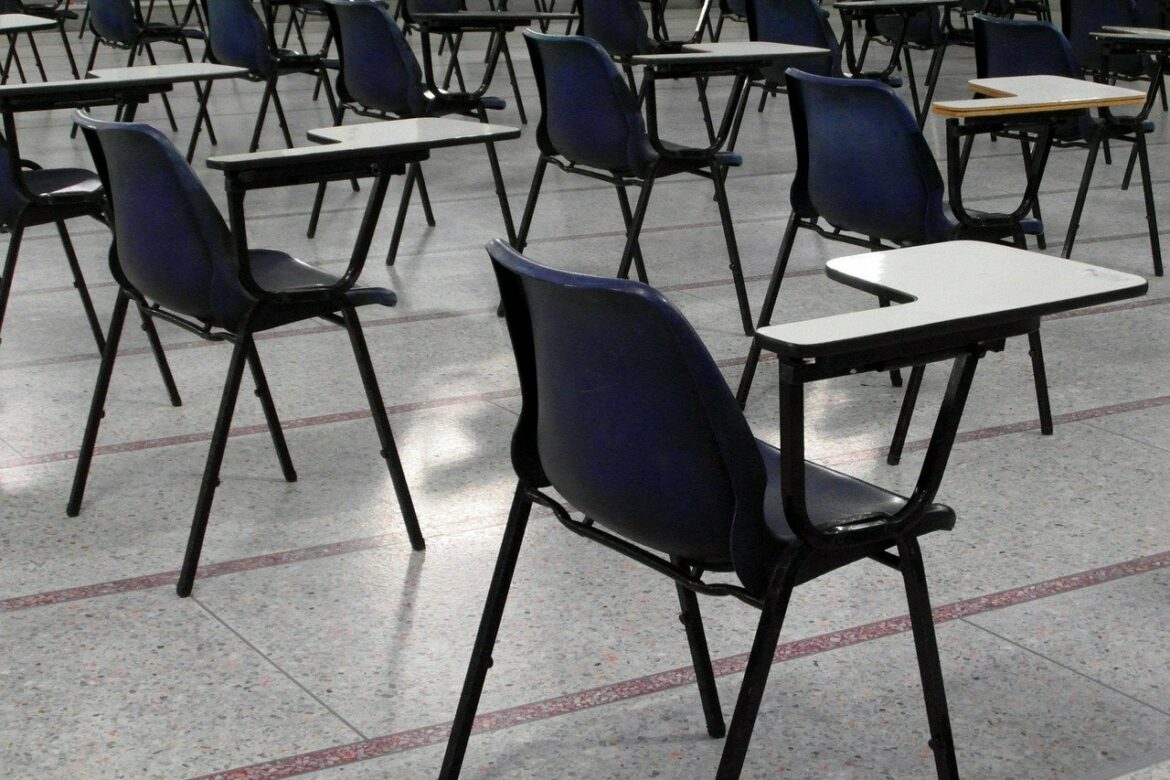It’s only a mock
As many schools and colleges approach a season of mock exams (or whatever the euphemism is at your centre) the same old issues often arises. The students don’t take them seriously enough. Whilst it is unlikely that this can be completely mitigated, there are things that we can do to emphasise how important the mock exams are.
1. We need to be careful in how we discuss the mocks with our students. I have been guilty of it myself. Have you used the phrase ‘it’s only a mock’ to comfort that one anxious student in your class? I know I have but then that undermines the seriousness in front of the students. Of course we must help those that struggle with nerves and anxiety, but I have found that helping them with relaxation techniques is a better approach. Of course, there will be those with special access arrangements and these should also apply during the mocks too. Either way, we should avoid belittling them when we describe the mocks. We should also encourage them to revise well in advance and help them with this. Use it as opportunity to discuss what works and what doesn’t. I use the History Rocks Cafe revision menu to get them trying different techniques.
2. There needs to be a consistent approach to the mocks across all subject areas. Teachers and SLT need to plan this together. Are the mocks similar in nature? Are they based upon their real exams? Cobbling together something last minute is really problematic as it will seem artificial to those that sit it. Teachers need time to work upon this. We need time to create something that is similar in nature to the real exam. Add the correct front cover and mirror the layout. We also need to allow for the appropriate timing. Can we not also room the exams in the hall? This adds to the serious nature of the mock.
3. We need to end what I term, vanity grading (awarding grades just like the dress sizes to make the wearer feel better). If we are providing marks/grades too readily the authenticity is undermined and so are the students’ judgement of it. We should not hide away from failure, it is an important developmental stage in a students’ learning. Some schools go as far as to have a ‘failure’ week wherein students’ are taught how to cope with failure. How to fail better. There are some good articles and resources that can be used within the curriculum. We can use it as an opportunity to nurture student resilience. This means too that SLT will get a more accurate picture of the schools’ performance. For this to work, we need to rid ourselves of the fear that there will be performance management implications if results fall short. SLT would need to change their approach. Parents would need educating too, what do the grades mean and how to help their children.
4. This might be controversial. There needs to be consequences for the students for not taking them seriously. I don’t mean the ones that just messed up or are struggling, they need to use the mock as a signpost for further support. But for those that are coasting, there needs to be a tangible implication. This might be that their predicted grades are based upon them (college applications or UCAS for instance) of that they don’t make the school football team or the school prom until their grades improve. This is not harsh, it’s simply an opportunity to prioritise revision over extra curricular activities and outside distractions. Predicted grades can be revised in the face of new evidence. The students need to see that there are implications to the choices that they make, which is another vital lesson.
I am interested to hear what other people think about these suggestions and if they too have some ideas as to what works. Drop me a line @myhistoryrocks on twitter and let’s start the debate!


